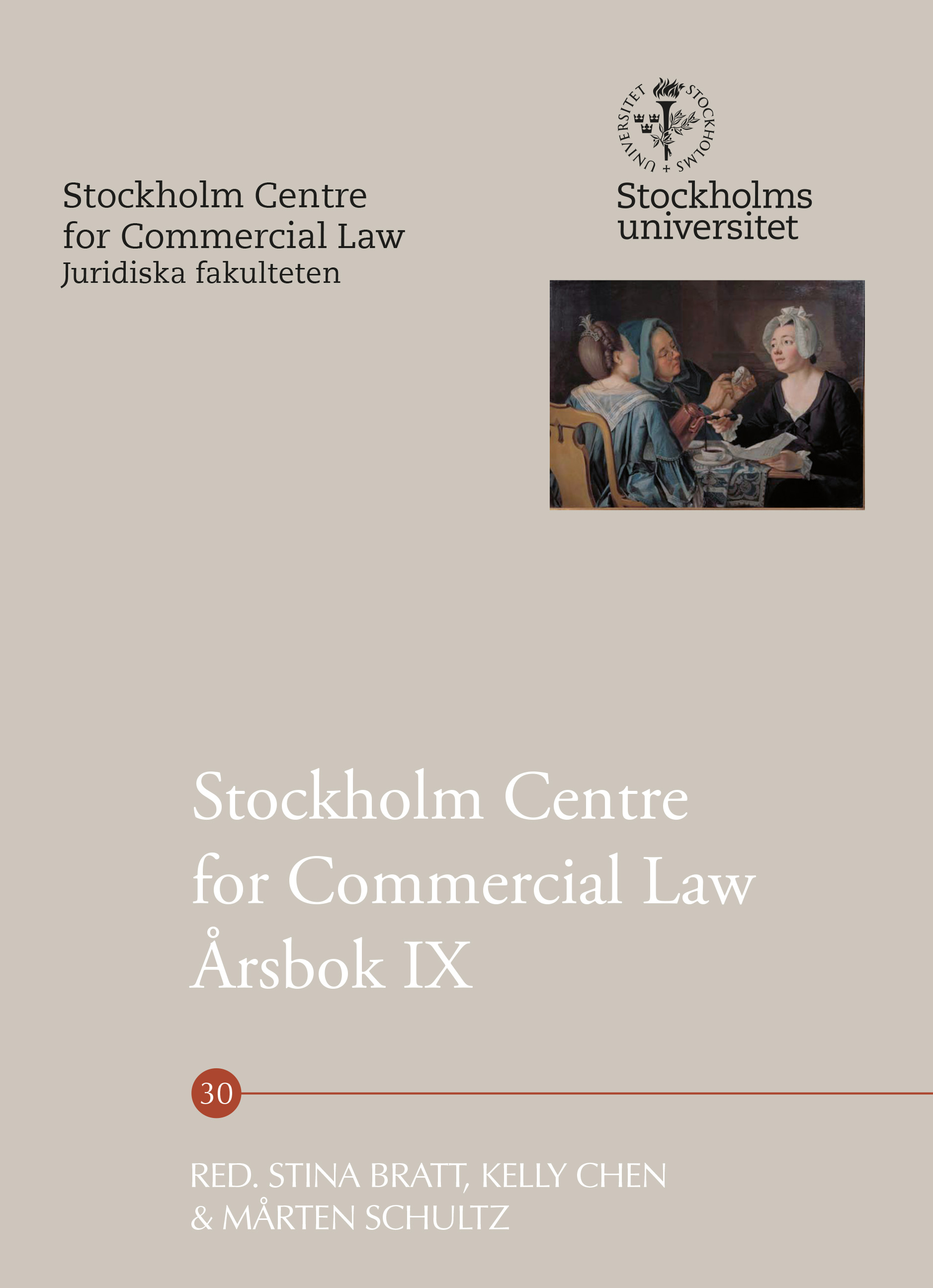Jura novit curia and due process with particular regard to arbitration in Sweden
Abstract
Jura novit curia is here taken to have three meanings. First, it means that the parties do not have to prove the content of the applicable law. Second, it means that a court is generally not confined to the legal qualifications and arguments that the parties have made in the proceedings as applied to the pleaded facts. Third, it means that a court can construe the reliefs sought as long as the judgment does not give more (ultra partita) or something else (extra partita) than sought by the claimant.
It is submitted below that jura novit curia in its first meaning should not apply in international arbitrations seated in Sweden, unless the parties and the arbitrators agree otherwise. This does not mean that the content of the applicable law is to be treated as a factual circumstance among others and be subject to proof. The better rule is that the ascertainment of the applicable law should be a joint responsibility shared between the arbitral tribunal and the parties. This means that the tribunal does not exceed its mandate if it bases the award on a perceived applicable rule of law even if it has not been referenced by any of the parties. This will be discussed under section 1.
It will further be submitted that jura novit curia in its second and third meanings applies in international arbitrations seated in Sweden, again unless the parties and the arbitrators agree otherwise. This means that the mandate will, absent an agreement to the contrary, be limited as if Chapter 17 Section 3 sentence 2 and sentence 1 of the Swedish Code of Judicial Procedure (“SCJP”) were directly applicable. This will be discussed under section 2.


